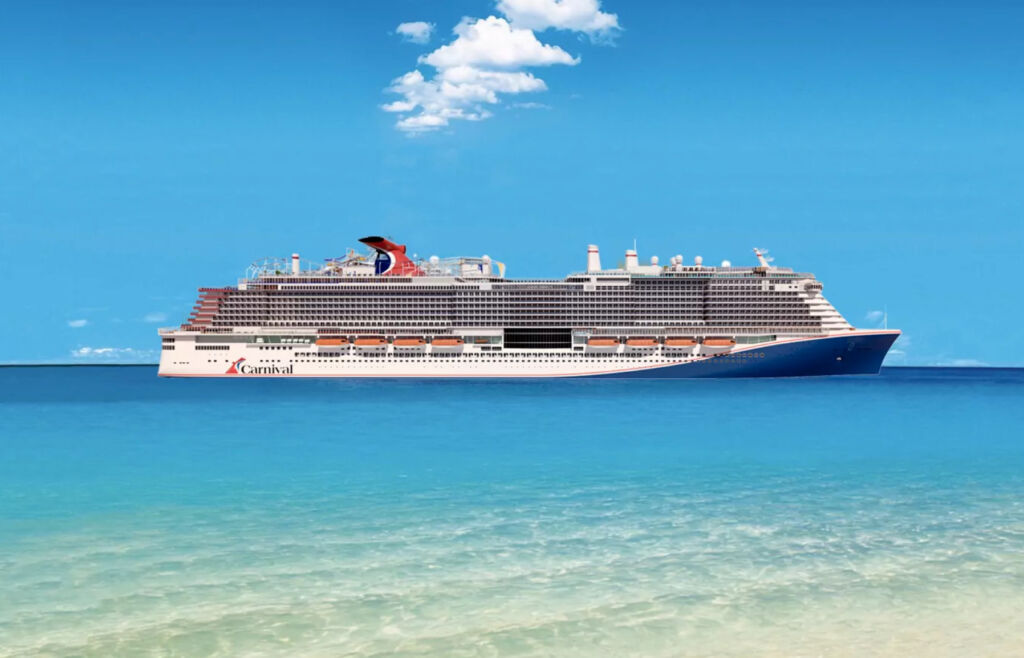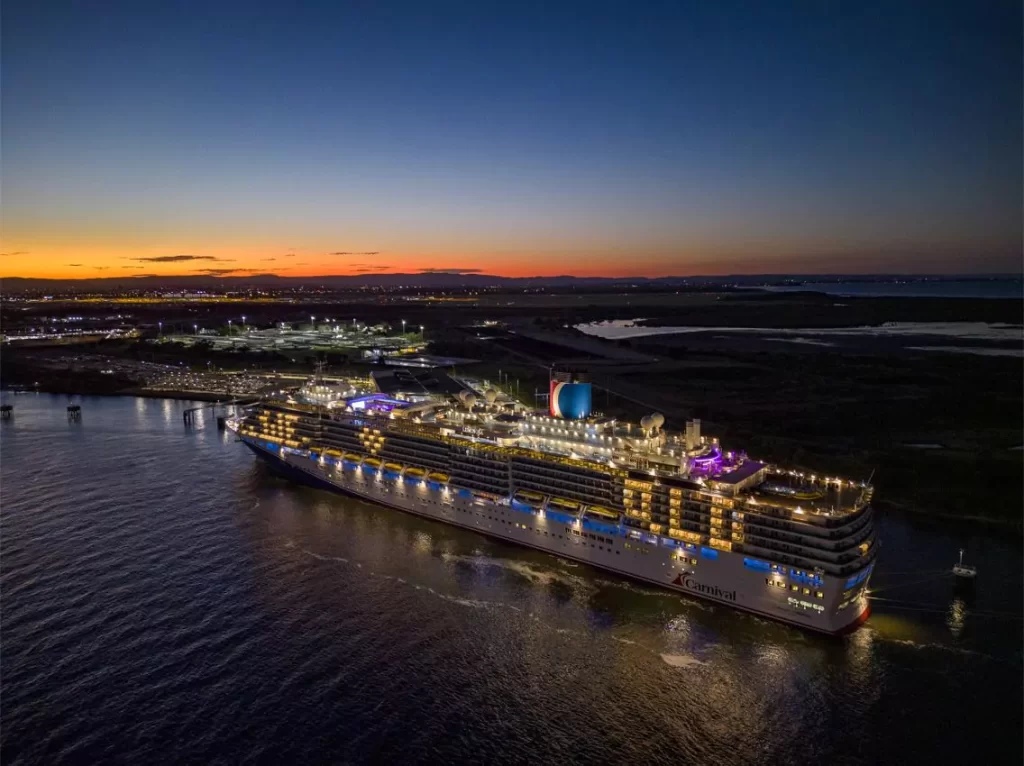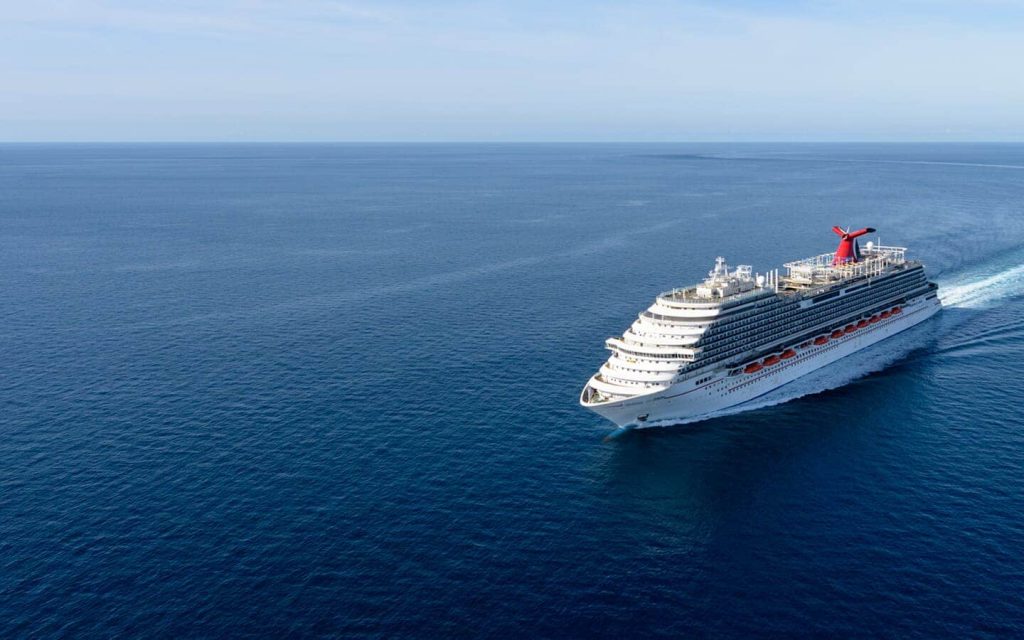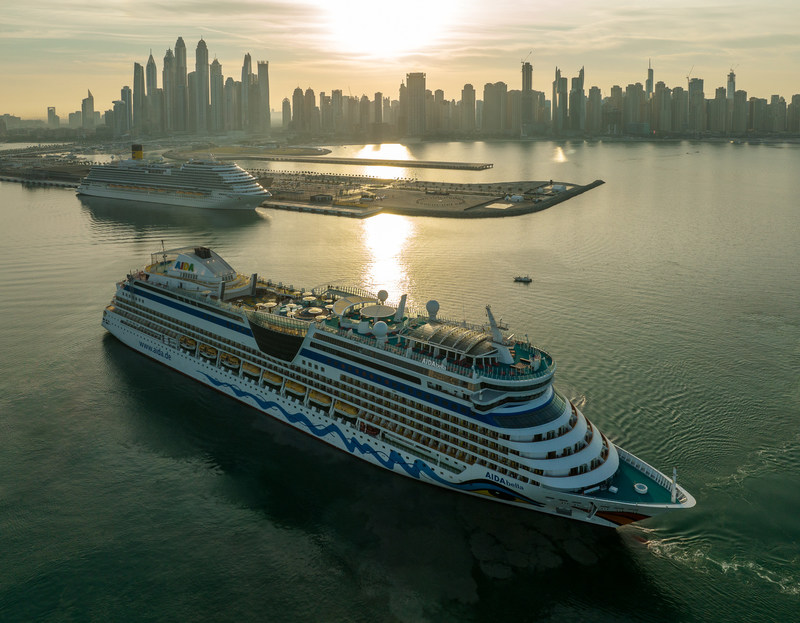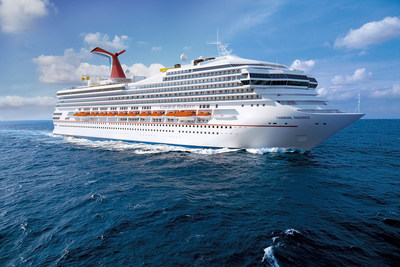Carnival Corporation & plc has announced the rollout of comprehensive technology upgrades called Service Power Packages across its global fleet to further improve energy savings and reduce fuel consumption. The upgrades include ongoing installations through 2023 on ships from the company’s nine cruise line brands – Carnival Cruise Line, Princess Cruises, Holland America Line, Seabourn, P&O Cruises (Australia), Costa Cruises, AIDA Cruises, P&O Cruises (UK) and Cunard.
Carnival Corporation’s Service Power upgrade program delivers an average of 5-10% fuel savings per ship and is expected to reduce fleetwide greenhouse gas emissions by more than 500,000 metric tons each year. In addition to the environmental benefits, the program upon completion is expected to generate over $150 million in annual fuel cost savings.
Developed over the past six years, the company’s Service Power program delivers significant efficiency upgrades across the fleet, including air conditioning upgrades to cabin and public areas, and major enhancements to cooling, lighting and automation systems. Adjusting for variations in ship design, size and equipment, the company customizes the Service Power Package for each ship, which combines the synergies from multiple upgrades with new operational efficiencies, all effectively supporting Carnival Corporation’s energy savings and decarbonization strategies.
The Carnival Corporation Service Power Packages include the following elements designed to work together to reduce each ship’s overall service load – the energy required to support all onboard hotel systems – and as a result, significantly reduce both fuel usage and emissions:
Comprehensive upgrades to each ship’s hotel HVAC systems, accounting for 25% of a ship’s energy consumption, to improve hotel ventilation efficiency using sophisticated variable speed drives and on-demand systems throughout public areas, cabins and galleys. Additionally, indoor air quality is continuously monitored and maintained to the highest standards at sea, using an industry-leading air filtration and ultraviolet-C treatment throughout the ship.
Technical systems upgrades on each ship using variable speed drives and on-demand automated control systems for engine room ventilation, main air conditioning chillers and cooling pumps, which together dramatically lower the energy needed to deliver cooling around the ship.
State-of-the-art LED lighting systems installed throughout each ship to reduce both power consumption and heat load generation – creating a dual benefit from lower air conditioning demand.
Remote monitoring and maintenance improvements that maximize benefits from the upgrade packages, including improved instrumentation and automated management systems, with nonstop ship-to-shore connectivity. Expanded remote monitoring and analysis of each ship’s energy performance and technical status ensure peak efficiency and minimal down times.
The fleetwide enhancements are part of Carnival Corporation’s ongoing energy efficiency investment program and efforts to reduce fuel consumption, including over $350 million invested in energy efficiency improvements since 2016, along with the company’s fleet optimization strategy and design of more efficient itineraries. Together, these ongoing efforts are expected to drive a 10% reduction in fuel consumption per available lower berth day (ALBD) in the company’s first full year of guest cruise operations compared to 2019, along with a 9% reduction in carbon emissions per lower berth distance traveled.
As part of its longer-term sustainability plan and vision, Carnival Corporation has committed to significant investments to achieve its 2030 sustainability goals and 2050 aspirations, which incorporate six critical sustainability focus areas overall. These areas include climate action; circular economy; sustainable tourism; good health and well-being; diversity, equity and inclusion; and biodiversity and conservation.
Among these priorities, the company has committed to reducing carbon emission intensity by 20% from its 2019 baseline by 2030, supporting its efforts and aspirations to achieve net carbon-neutral ship operations by 2050.


